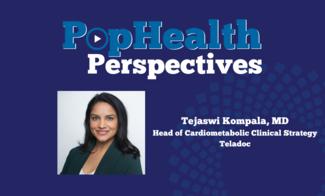Digital Therapeutic Eases Fatigue and Mood Symptoms for Patients With Breast Cancer
A novel neuromodulatory digital therapeutic may offer relief for patients with breast cancer experiencing fatigue, pain, and mood disturbances, according to a study presented at the ASCO Annual Meeting. Researchers evaluated the effects of a smartphone-based multimodal multistable bias modification (MMBM) app, designed to correct neurocircuitry changes associated with cancer and its treatment.
In the randomized, single-blinded trial, 81 women with breast cancer were assigned to either an active MMBM app group or a control app group. Participants used their assigned app for 7 minutes daily over a 4-week period. Outcomes included measures of fatigue, pain, depression, and anxiety, along with feasibility and user acceptability.
Results showed that the MMBM app group experienced significantly greater improvements than the control group in PROMIS-29 fatigue (-3.4, P < .05), depressive symptoms (-2.8, P < .05), and anxiety (-3.0, P < .05). Notably, pain also improved across several validated measures, including PROMIS-29 pain intensity (-0.9, P < .001), Brief Pain Inventory average pain intensity (-0.7, P < .001), and Pain Catastrophizing Scale total score (-3.3, P < .01).
“This study provides preliminary evidence that the MMBM intervention may alleviate fatigue and mood-related symptoms in breast cancer patients, with potential for improving pain-related symptoms as well,” said the authors.
These findings suggest that the MMBM app may positively modulate frontoparietal brain circuitry disrupted by cancer-related stress and chemotherapy, according to the authors.
While larger trials are needed to confirm efficacy, this study highlights the potential of digital neuromodulation to enhance the quality of life for patients with breast cancer coping with the burdens of treatment.
Reference
Adler S, Colbert B, Petrova M, Lakhan S. A randomized, controlled pilot trial of a neuromodulatory digital therapeutic for individuals with breast cancer. Presented at the 2025 American Society of Clinical Oncology Annual Meeting; May 30-June 3, 2025. Chicago, Illinois.














